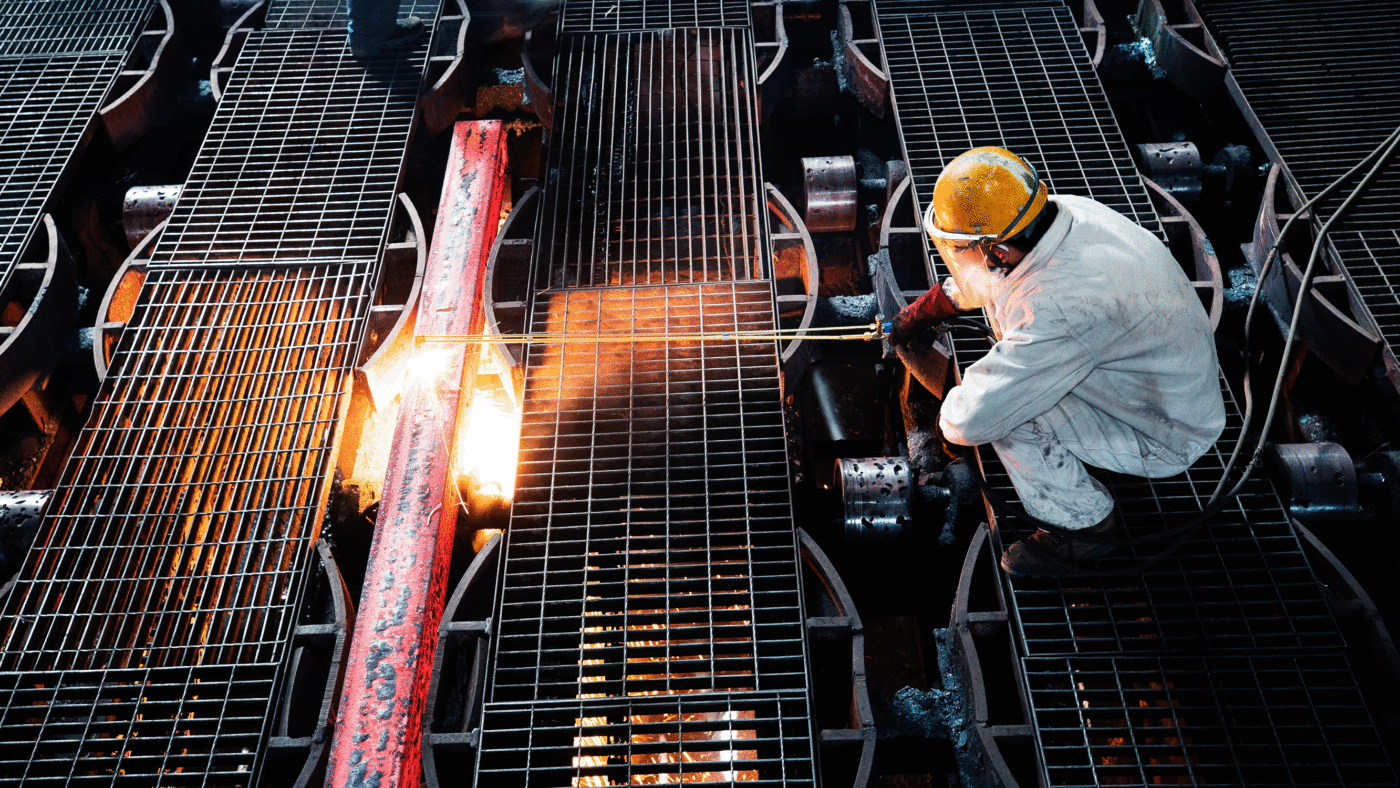Perhaps the most surprising aspect of the resignation of the Prime Minister’s Ethics Adviser Lord Geidt is the involvement of a relatively obscure public body known as the Trade Remedies Authority (TRA). We do not have all the details at present, but what we do know raises important questions about the UK’s approach to trade and international law.
It’s probably helpful to briefly explain what exactly the TRA does. The very short answer is that it’s a group of underpaid lawyers forced to work in Reading. The slightly longer version is that under WTO rules, governments are allowed to increase tariffs in order to protect domestic industries if there is a surge in imports likely to damage that industry or sector, especially if this increase in imports is the result of anti-competitive activity from another government, such as subsidies or ‘dumping’. The process for applying this ‘remedy’ is long and complicated but essentially involves the industry making a complaint to the TRA, demonstrating how their business is being impacted. The TRA then launches an investigation and decides what remedy, if any, should be applied.
In the specific context of Lord Geidt, it appears to relate to the TRA’s recommendation that the Government remove some tariffs on Chinese steel. This went down as well as expected with the British steel industry and so the Department for International Trade overruled the TRA. As such, the tariffs remain in place, despite the TRA finding no legal basis for them to do so.
The decision to extend this period this month would almost certainly be against WTO rules. Whether or not it constitutes a breach of the Ministerial Code I do not know, but Lord Geidt seemingly believed so. Hence the current situation.
It also raises important questions about the use of tariffs. Pretty much every economist agrees that tariffs are bad as they lower trade, increase costs for businesses and consumers, and generally bad for economies on both sides of the trade dispute. In an ideal world, tariffs (and other barriers to trade) would not exist. Unfortunately the world is not perfect and with other countries imposing their own tariffs or acting in unfair and uncompetitive ways, sometimes tariffs do have to remain or be introduced.
Tariffs can also serve a strategic purpose. For example, keeping some tariffs in place can be helpful for trade negotiations as the UK can promise to lower some tariffs in exchange for greater market access to the other country. What is more, they can also serve to protect an industry facing unfair competition, potentially risking hundreds or even thousands of jobs and having a scarring impact on whole communities.
However, we should be very careful before imposing tariffs. The default option should always be free trade over protectionism. This is why the TRA is important – its function is to ensure actual harm is being done to an industry or that there is some form of wrongdoing on the part of another government. Tariffs should never just be put in place in order to prop up failing industries which can no longer compete in the free market, regardless of how powerful their lobby group is or how politically popular it would be to do so.
The decision to overrule the TRA and continue to do so suggests that the Government would rather pursue protectionist policies in order to score a few political points than stick to the principles of free trade.
There’s a broader point here too: politically expedient decisions can have longer term consequences that the Government might not like very much. The willingness to break WTO rules, especially at a time when the organisation is crying out for reform, signals to other countries that the WTO isn’t a body worth taking seriously. You could extend the same logic the Northern Ireland Protocol, where a willingness to renege on an existing agreement suggests to would-be trade partners that the UK may not be a reliable deal-maker.
Ultimately, these sorts of rules and conventions are there for a reason, and we ought to think very carefully before trampling on them.
Click here to subscribe to our daily briefing – the best pieces from CapX and across the web.
CapX depends on the generosity of its readers. If you value what we do, please consider making a donation.


